Issue 101 : 27 March 2022
Talofa Lava, Kia Orana, Malo E Leilei, Tena Koutou, Hello ...
... and welcome to the latest issue of “For The Love Of The Game”, the official e-zine of the New Zealand Amateur Sport Association Inc., founded in Wellington, New Zealand in 2017.
If you have any feedback on this issue, ideas for future articles, or would like to contact the Editor, please click here. And, you are invited to forward the e-zine to others you know, who may be interested in reading it. An archive of earlier editions of the e-zine can be found here. For those who follow Twitter, you can also follow the Association, @AmateurSportNZ.
If you are interested in applying for membership of the Association, please click here.
Change In COVID Settings Eases Pressure For Community Sport …
While the traffic-light is still "red", the easing of some government regulations will enable more New Zealanders to participate in their chosen sport with less restrictions than has been the case before "the COVID clock" ticked-over 11.59pm on Friday evening last week.

While limits for indoor and outdoor activities have increased, "Vaccine Passes" stay in force until next weekend, after which “businesses” will still be able to use the system if they wish to do so.
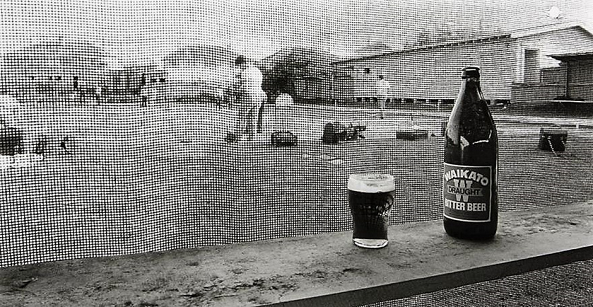
For outdoor sports, the removal of all limits will be a "boon", although the ongoing limits for indoor premises, particularly those operating a hospitality license, may continue to act as an ongoing hurdle to resuming a “normal” environment.
"It’s Time To Invert The Pyramid" ...
Laura McAllister, Professor at Cardiff University’s Wales Governance Centre and former captain of the Wales women’s international football team says it’s time to change our focus on sport.

“It’s time to think creatively about inverting the current funding pyramid for sport which regards its peak as far more important than its base. We should create a contract between professional and amateur sport, an accountability between elite and community sport to share the spoils between the rewards for top athletes and the opportunities for those taking their first steps.”
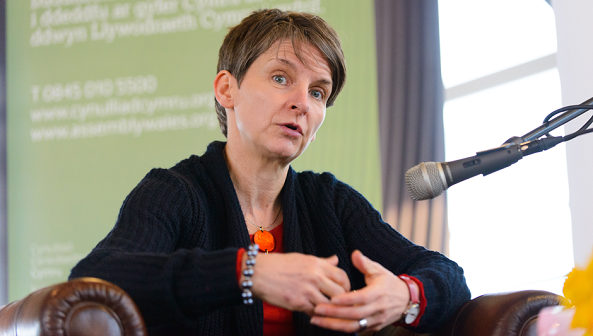
(Professor Laura McAllister is calling for a re-focus on amateur sport funding)
You can read more here.
Incorporated Societies Survey On Impact Of Law Reform ...
The Registrar of Incorporated Societies is undertaking an on-line survey to better understand how the new Incorporated Societies Act (when passed by Parliament into law in the near future), will affect the future of incorporated societies.

(Make sure you have your say in the Companies Office's survey)
If your organisation has not received an invitation to participate, please contact us by clicking here and we will arrange for a survey link to be sent to you from the Companies Office.
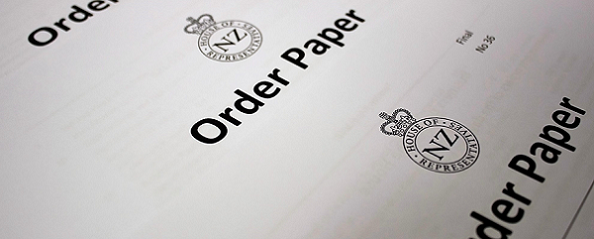
Meanwhile, the Incorporated Societies Bill still awaits its Third Reading, with Parliament next scheduled to sit this coming week, (with the Bill sitting as the 13th item of business on the Order Paper which has been published for Tuesday next week).
Sport NZ Announces New Māori Outcomes Framework ...
Sport NZ Ihi Aotearoa has made a commitment to give effect to Te Tiriti o Waitangi, in particular the principles of Partnership, Protection and Participation. As part of its COVID-19 response plan, Sport NZ reprioritised four key strategic areas. Te Tiriti is both a priority and a key strategic pillar. Sport NZ intends to lead and reshape our [sport] system to address inequity and inequality so that Tangata Whenua are able to participate and succeed as Tangata Whenua.
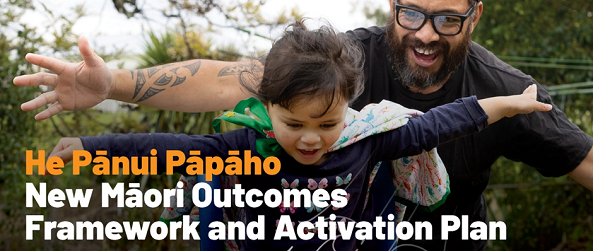
You can read more about Sport NZ’s strategy, here.
"ENGSO Youth" Speak Out In Support of Ukraine ...
ENGSO Youth is the independent youth body of the European Sports NGOs (ENGSO), which has a mission to build a better, more inclusive and equal, world using sport as a tool.
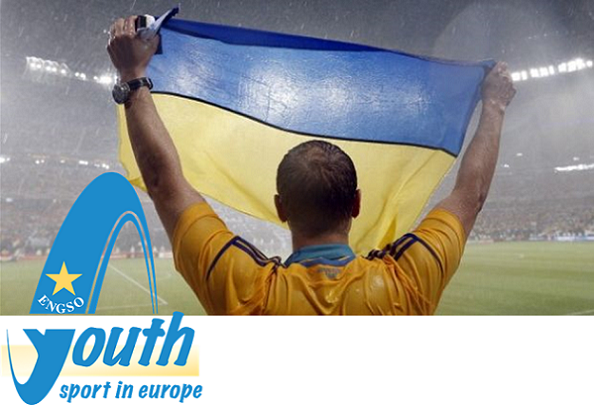
“ENGSO believes in democratic values which don’t align with the current international situation. We urge the sports family everywhere to live up to their values, to condemn the attack on Ukraine, and to lend their support to restoring peace in Ukraine. Furthermore, we call on the world of sport, from sport clubs to top leaders, to continue the promotion of peaceful, democratic societies, so that we may be spared from another conflict in the future.”
You can read the full statement from ENGSO, here.
Child Mental Health Crisis Looms ...
A surge in child mental health cases is expected to place even more pressure on a “system already in crisis”, according to Dr Tanya Wright chair of New Zealand’s Faculty of Child Psychiatry, who warns that the "worst is yet to come", with all hospitals experiencing shortages of clinical mental health staff. Dr Wright, says that, "everything responsible for distress in teenagers is up. Now is the worst it’s ever been but I suspect we have the worst to come. I think we are seriously in trouble with no solutions.”

As this newsletter has highlighted on many occasions, access to organised amateur sport for teenagers is essential for their mental well-being. As one researcher has noted, “compliance with social distancing policies, strict return-to-play protocols, and COVID-19 specific training has, perhaps, forever changed the way that children and young people engage in organised sport.” More must be done to ensure that children have access to community organised amateur sport. This is an area that the Association will be particularly focused on in 2022.

(Dr. Tanya Wright says, "we are seriously in trouble with no solutions”)
You can read more, here.
From The Archives ...
GREAT VETERAN IN JUBILEE CROQUET
PRESS, VOLUME CV, ISSUE 30968, 26 JANUARY 1966, PAGE 15
“A man who competed in the first official New Zealand croquet championship took part in the jubilee championships at Wanganui. He is A. G. F. Ross, of Hastings, the greatest croquet player this country has produced. He won the 1954 British open and had seven New Zealand open wins. He won six national men’s singles titles, seven New Zealand championship doubles, four North Island opens, three successive North Island men’s singles, three North Island doubles, three South Island opens and three South Island doubles.
This is by far the greatest record of any New Zealand player. The greatest achievement by Ross on the croquet greens was his win in the 1954 British open when he beat the number one ranked player in the world, John Solomon, in the semi-finals.”
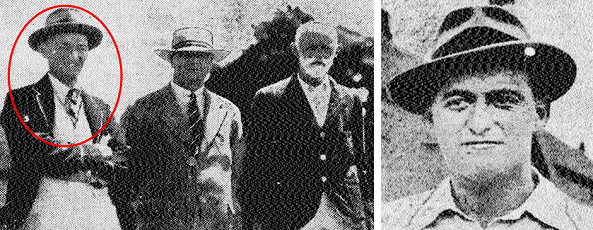
(In 1925, Arthur Ross (circled) won the New Zealand Championship for the first time)
Arthur George Francis Ross was born on 12 October 1895, the son of Edward James and Sibella Mary Ross (nee Wilson). Arthur’s father was a Christchurch solicitor and the first President of the New Zealand Croquet Council.
The Ross family lived at 7 Garden Road in Fendalton, Christchurch. Arthur attended Christ’s College and on leaving school became a Law Clerk at Rhodes, Ross and Godley in Christchurch. In 1916 he joined the 2nd Battalion of the Canterbury Infantry Regiment and he served overseas before being discharged on account of illness contracted on active service. On his return to New Zealand, he became a school teacher, becoming Headmaster of St. Matthew’s Victory Memorial School in St. Albans in the 1930’s.
In the 1954 British open croquet championship at Hurlingham in Fulham, Ross defeated Dr Harold J. Penny in straight games and the titleholder, John W. Solomon. By 1954, following his first appearance at a New Zealand tournament as a youth, he won the New Zealand open title 11 times, in 1922, 1924, 1925, 1926, 1927, 1929, 1932, 1939, 1949, 1950, and 1953. Before Ross served overseas in the First World War, he also had a New Zealand title to his credit, the doubles championship, won in 1915 with Henry A. Penn, of Christchurch as his partner.
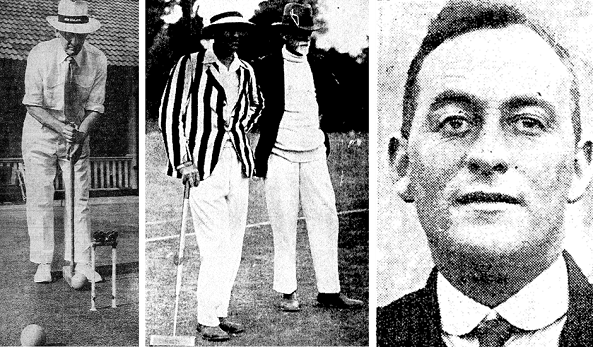
(Arthur Ross, with his father (centre panel, right), a former President of the Croquet Association(
Ross won dozens of provincial, North Island, South Island, and national titles. His other successes in the New Zealand doubles were in 1920, 1922, 1927, 1932, 1936, and 1952, and he won the men’s championship in 1934, 1937, 1948, 1949, 1952, and 1953. He is thought to have achieved the triple peel, the classic of croquet, far more times than any other New Zealand player. Prior to his 1954 victory, he represented New Zealand against England in 1925, against Australia in 1930. against England and Australia in 1935, and against England in 1950.
He married Violet Lucretia Minchin in 1923, with the marriage dissolved in 1952. A breeder of “utility white leghorns” and “black orpingtons” (and President of the New Zealand Utility Poultry Club in 1932), Ross wrote a book “Croquet and How to Play It” in the 1940’s.
Arthur Ross died on 16 June 1975 and is buried in the Motueka Cemetery.
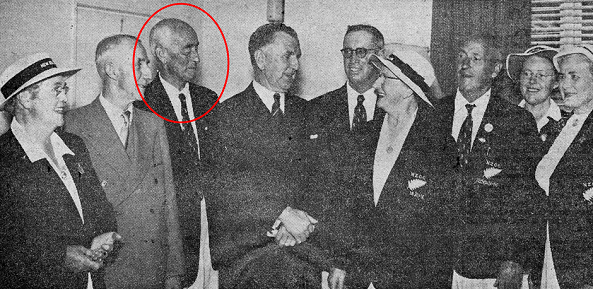
(Arthur Ross, with Prime Minister Sidney Holland, as the NZ team left for the UK in 1954)
The Final Word …
“By destroying civic institutions, whether sports clubs or small businesses, totalitarian regimes [keep] people away from one another.”
(Anne Applebaum, John Hopkins University, “The Atlantic”)

(“Sport in Ruins”, Kiev, Ukraine)